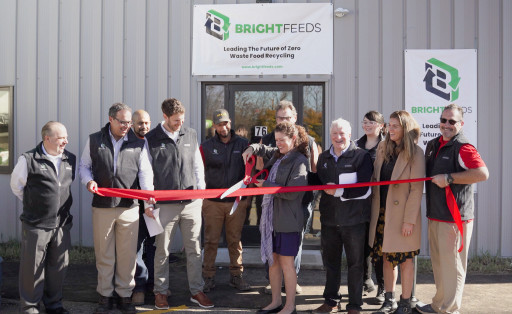iQuanti: The Federal Reserve raises interest rates to help combat inflation. In May of 2022, when the Fed raised its rate by half a percentage point, it was the biggest increase in 22 years. It's important to know what rising interest rates mean and how to be prepared for a Fed rate hike. Being prepared will help you to minimize any negative financial impact. Here are what rising interest rates mean and four ways you can prepare for them.
What do rising interest rates mean?
When the interest rate changes, it can have both a positive and negative effect on the market. While the stock market responds immediately to these changes, the full economic impact isn't seen until at least 12 months. When interest rates rise, it makes it more expensive to borrow money. Interest costs for credit cards, student debt, mortgages, car loans, business loans, and home equity lines of credit all increase. With higher mortgage rates, it's more difficult for consumers to afford home prices that have risen since the pandemic.
It causes consumers to start spending less, decreasing demand for goods and services and causing inflation to decrease. The positive side of an interest rate hike is that it causes savings rates to rise. This means that savers will start earning interest again. Nonetheless, it doesn't occur quickly, and saving rates will likely still be low.
How to prepare for the next Fed rate hike
Before the next Fed rate hike occurs, there are four things you can do to help yourself be prepared:
1. Pay down your credit card debt
Whenever the fed funds rate goes up, it increases the lending rates that banks offer to customers. The increased lending rates cause an increase in your credit card rates within a few statements. If you currently have a balance on your credit cards, look into transferring that balance to a zero-rate balance transfer card that's locked in for one to two years. It'll protect you from paying more due to rate hikes, making it easier for you to completely pay off your debt. More savings and less debt can put you in a better financial position to manage future rising interest rates.
2. Search for good savings yields
As mentioned earlier, when rates rise, savers earn interest on their accounts. Look for savings accounts with the highest yields and start saving regularly. CDs are a popular option since they have higher interest rates than other savings accounts and are federally insured. The account being federally insured means you're protected against loss if the bank fails.
3. Work on your credit score
With a higher credit score, you're more able to qualify for the lowest available rates on credit cards. That can help with offsetting the increased cost of borrowing. Be sure to continue paying your bills on time and avoid using more than 30% of your available credit.
4. Look for ways to increase your earnings
As rising interest rates cause the cost of living to rise, it's a good idea to look for more ways to increase your earnings. You can seek more education and training or pursue other means of increasing your skill set. Data from the Labor Department has shown that joblessness is lower for those with bachelor's degrees or higher. By taking these actions, you can help keep any negative financial impact from rising interest rates to a minimum.
Contact Information:
Keyonda Goosby
Public Relations Specialist
[email protected]
(201) 633-2125
Carolina Darbelles
Senior Public Relations Specialist
[email protected]
(201) 633-2125
Press Release Service by Newswire.com
Original Source: 4 Ways to Prepare for Rising Interest Rates
Lifestyle - RSV News originally published at Lifestyle - RSV News

